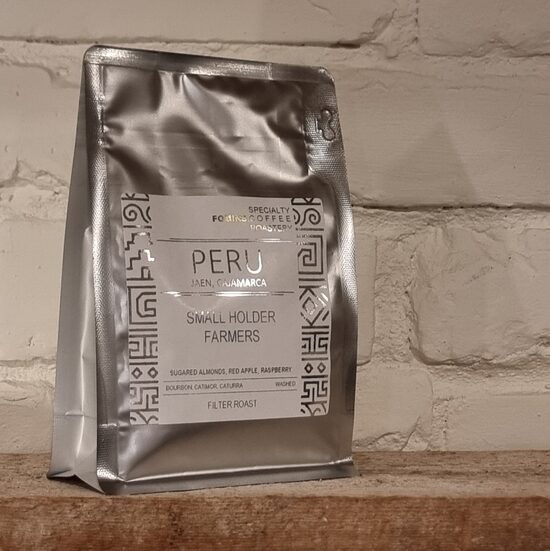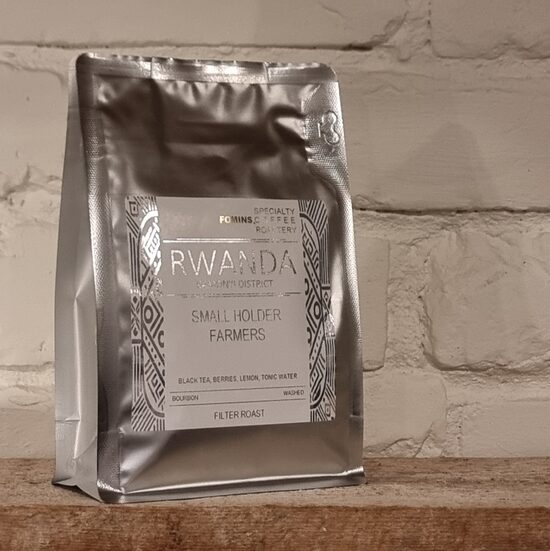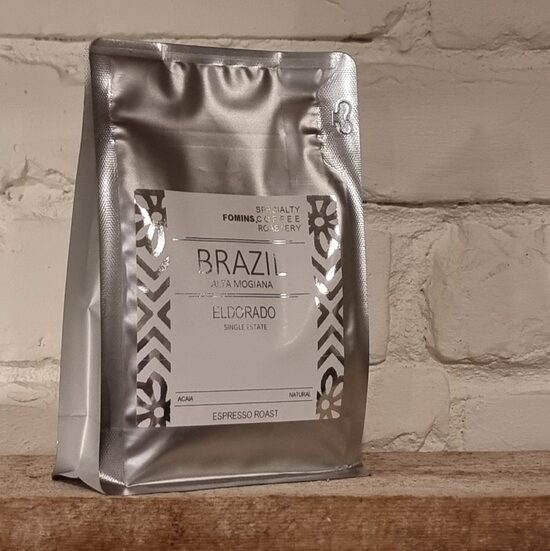DECAF
DECAF coffee EL BUHO
WALNUTS, BROWN SUGAR, LEMONADE, DARK CHOCOLATE
About This Coffee
El Buho (The Owl) is a washed sugarcane, or Ethyl Acetate, decaf coffee sourced from farmers in the Huila and Tolima regions of Colombia.
History of Coffee in Colombia
As with many coffee origins, it is believed that coffee was first brought to Colombia by priests, arriving, perhaps, within a decade or two after coffee first came to the Americas via the Caribbean in the first half of the 17th century. It was likely a garden crop grown for local consumption and barter for decades. Unlike other coffee regions, we have the story of a priest named Francisco Romero, who could be called the father of commercial coffee cultivation in Colombia. The folkloric tale goes that in the early 1800’s, Father Francisco, hearing confessions in the north eastern town of Salazar de la Palmas, assigned planting coffee to his parishioners as penance for their sins. The Archbishop of Colombia heard about this and ordered all priests to adopt the practice. Commercial production of coffee expanded quickly, moving into regions where the growing conditions were ideal.
The Process
Ethyl Acetate decaffeination - commonly called 'sugarcane' method - is a process which combines high mountain spring water and Ethyl Acetate (EA) of natural origin. EA is present in every coffee cherry in its natural state (as well as in many other fruits and vegetables). The natural EA is obtained from a sugar cane-based process and is, together with spring water, the only other element which comes into contact with the coffee.
First the beans are steamed to open their pores, then they are rinsed with Ethyl-Acetate repeatedly to remove the caffeine. They are then dried to a 10-12% humidity and sealed with a natural wax which has a neutral profile which does not affect the flavour or aroma of the coffee.
This water-EA process allows for gentle extraction of the caffeine from the bean, avoiding excessive heat or pressure, maintaining the natural structure and all characteristics of the coffee bean.
Related products
Cart
Cart is empty.




